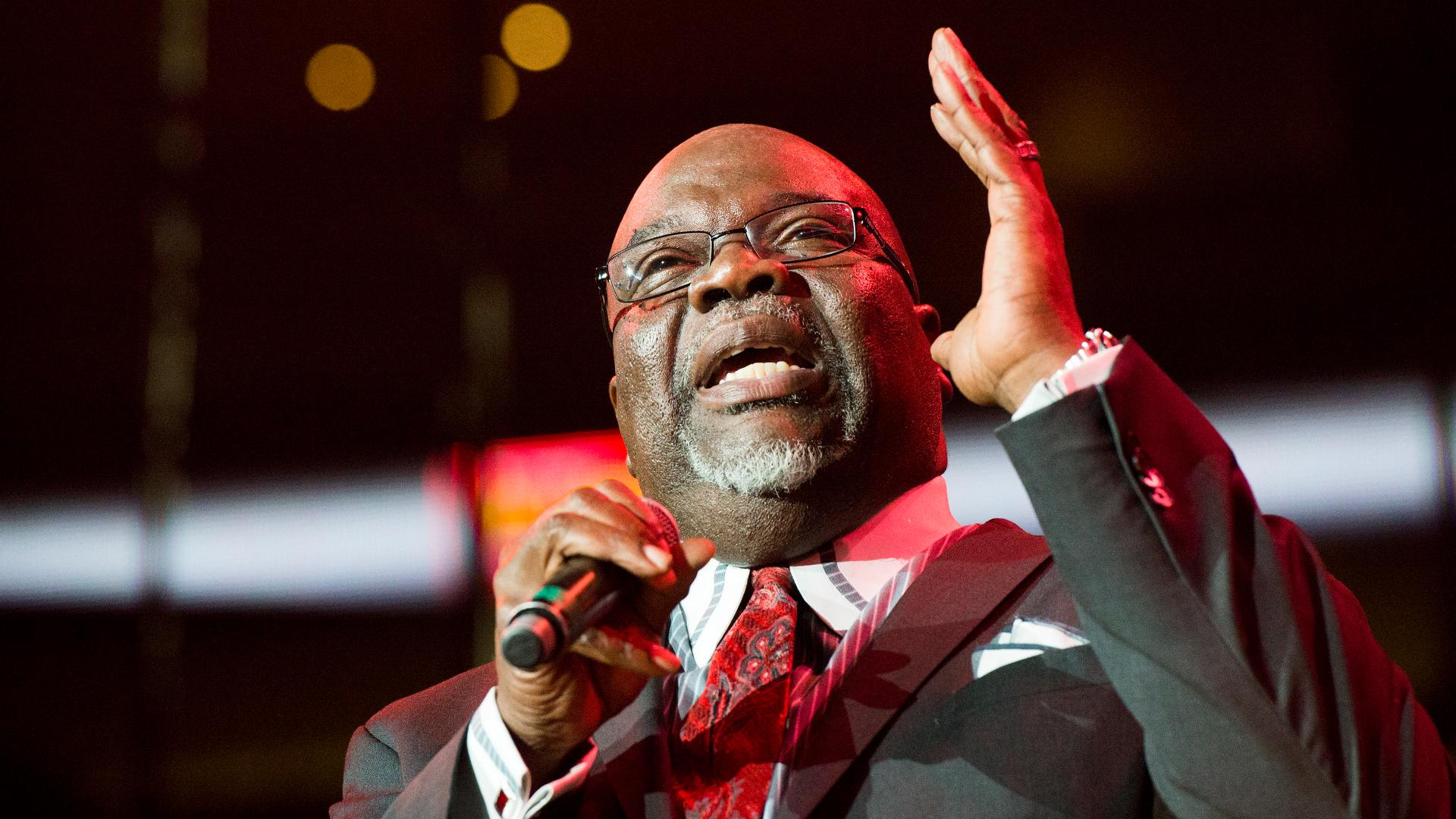DALLAS — A real estate developer indicted last week on felony fraud charges has lost control of a high-profile site he once planned to turn into a high-rise luxury condo tower and Mandarin Oriental hotel in the exclusive Turtle Creek neighborhood in Dallas.
Tim Barton, owner and president of Dallas-based JMJ Development, lost a battle Wednesday in bankruptcy court, where he sought repeatedly to hang on to a 2-acre site at 2999 Turtle Creek Boulevard.
U.S. Bankruptcy Judge Scott Everett granted the heart of a motion by the secured lender, HNGH Turtle Creek LLC, giving HNGH ownership of the property in the prestigious neighborhood north of Uptown and south of Highland Park.
Barton has already filed a notice of appeal to the court's final order.
Barton, who is also CEO of Dallas-based investment firm Carnegie Development, is currently facing charges related to the alleged bilking of Chinese investors out of $26 million involving land sites for housing communities in North Texas. It does not appear that the Turtle Creek property is at all involved in the proceedings with either the U.S. Securities and Exchange Commission or the U.S. Attorney for the Northern District of Texas.
Barton, through his development companies, indirectly owns and develops real estate projects through single-purpose entities. One of those entities, 2999TC Acquisitions LLC, planned to raze an upscale office building at the Turtle Creek address in Dallas and build a luxury hotel and residential condominiums at a cost of roughly $395 million.
In 2020, however, 2999TC Acquisitions defaulted eight times under its $32.5 million loan with its original secured lender, Everett wrote in an order he signed Wednesday in U.S. Bankruptcy Court for the Northern District of Texas in Dallas.
Despite the series of defaults, HNGH agreed to give Barton’s 2999TC Acquisitions entity a "final chance," Everett wrote in his order. If the debtor entity paid HNGH in full by Oct. 29, 2021, 2999TC would retain the property securing the loan. If 2999TC failed to pay in full by that date, HNGH would record a financial instrument called a “deed in lieu of foreclosure,” becoming the property owner, according to a recap of the case's history in Everett’s order.
HNGH was initially a unit of HN Green Hollow Capital Partners, a joint venture between former Five Mile Capital veteran James Glasgow and HN Capital, which is sponsored by Hunt Investment Group, an affiliate of Hunt Consolidated, according to a 2019 news release on the JV.
Given 2999TC’s history of defaults, HNGH had negotiated the “deed in lieu” — secured by the property — under a forbearance agreement in which HNGH took over the loan in early 2021 from the original lender on the project, Happy State Bank. The bank had held the original note on the property as collateral.
2999TC Acquisitions failed to pay by the October 2021 deadline, but filed Chapter 11 bankruptcy shortly before the deed in lieu was recorded, triggering litigation in which HNGH asserted its rights to the property.
The parties resolved the litigation through a mutually agreed upon court order that gave 2999TC a new deadline of March 15, 2022, to pay in full and retain the property. The Barton entity missed that deadline, too, but requested and received yet another agreed court order extending the deadline, this time to May 31 of this year, which 2999TC passed again, Everett’s 49-page order states.
“And here we are once more,” Everett’s order says. “The Debtor — blaming HNGH — missed the May 31 deadline and seeks yet another extension.”
Upset at the delays, HNGH filed a motion to enforce its ownership rights under the agreed court orders, only to have 2999TC Acquisitions contest the motion in a hearing that lasted more than 50 hours and took 15 nonconsecutive days stretched over two months, Everett’s order says.
In its latest request for an extension, Barton and 2999TC alleged that HNGH was a “predatory” lender.
Everett rejected that argument, saying trial testimony and evidence presented in the lengthy hearing showed HNGH’s extended forbearance prior to 2999TC’s bankruptcy filing and HNGH’s agreement to repeated payment extensions after the bankruptcy undercut Barton and 2999TC’s contention that the lender was predatory.
In late 2019, JMJ Development revealed plans to open the Mandarin Oriental as part of a 25-floor mixed-used development with 176 guest rooms and suites as well as 100 luxury Mandarin Oriental-branded residences.
The hotel was to feature four restaurants and bars, meeting and event facilities, a spa, a fitness center and an outdoor pool.
JMJ was supposed to own the hotel and Mandarin Oriental Hotel Group was lined up to operate it.
"JMJ is excited to finally have the best of the best site in Texas," Barton said in a news release issued at the time. "We've been working the district since 2007 and patience has paid off.”
The project was originally set to open in 2022.
Barton faces other legal challenges related to properties he controls through his company and other entities as well.
The U.S. Securities Exchange Commission has asked a federal judge to place hundreds of acres claimed by his entities throughout North Texas into receivership pending the unraveling of court proceedings involving land deals that government prosecutors claim are fraudulent.
Barton faces federal charges for allegedly taking more than $26 million, through entities he controlled, from Chinese nationals who were told they were investing in suburban land development deals for housing communities to supposedly be built in Parker, Kaufman, Tarrant and Johnson counties. He was indicted last week on nine felony counts including securities fraud, wire fraud and conspiracy to commit wire fraud.
In a separate, noncriminal legal action, the SEC accused Barton, veteran Texas homebuilder Stephen Wall and Chinese businessman Haoquiang Fu, also known as Michael Fu, of operating fraudulent real estate investment offerings. The three worked together to persuade investors to buy securities issued by companies the three controlled then allegedly “misappropriated nearly all investor funds,” according to an SEC lawsuit filed Friday in the Northern District.



